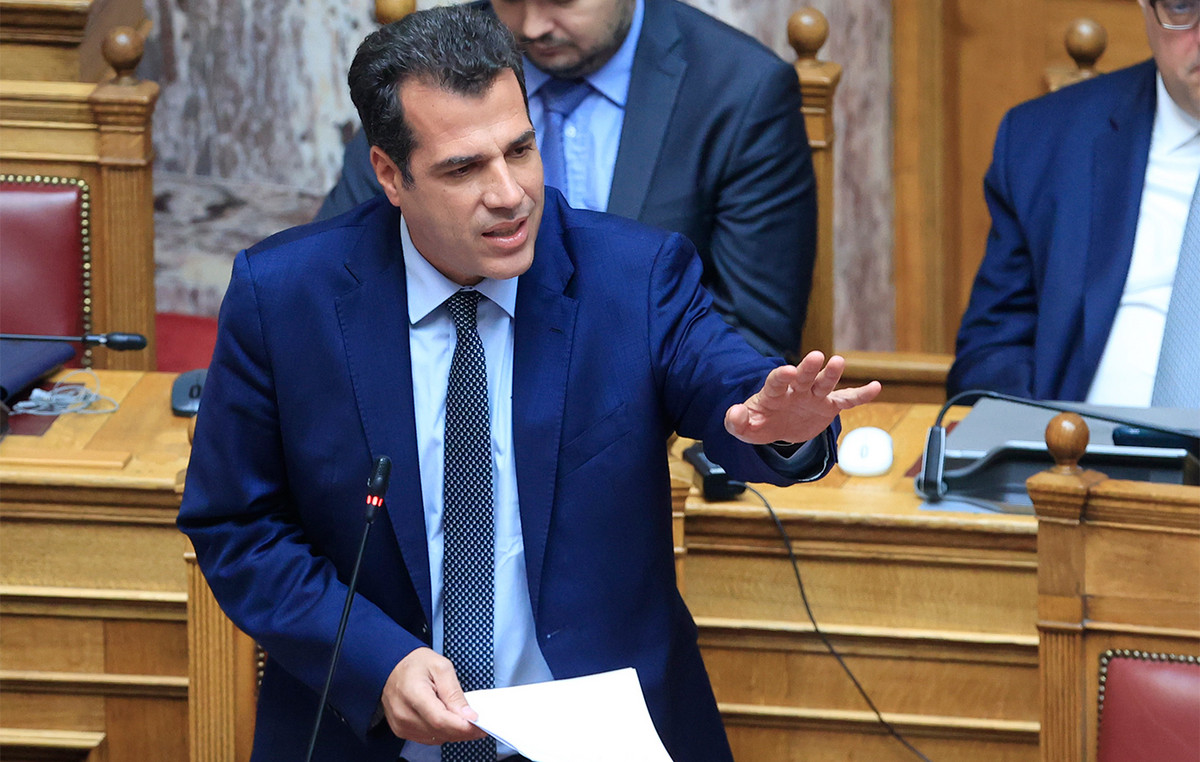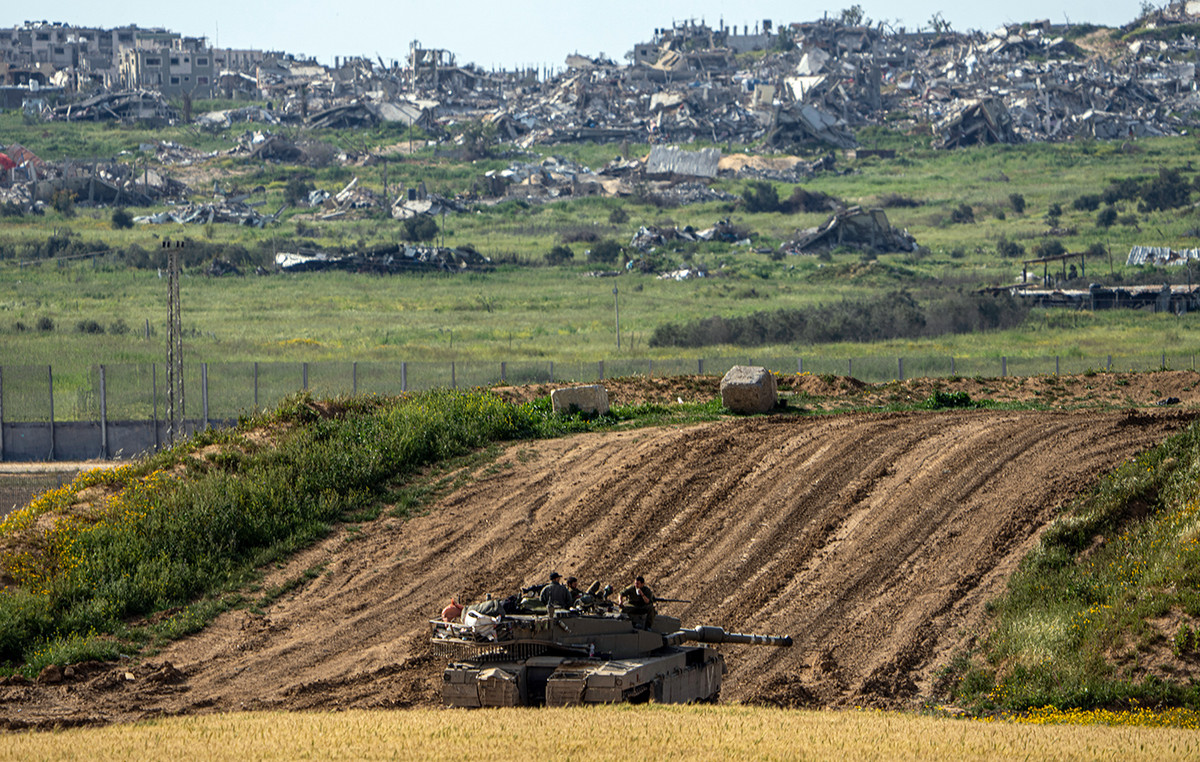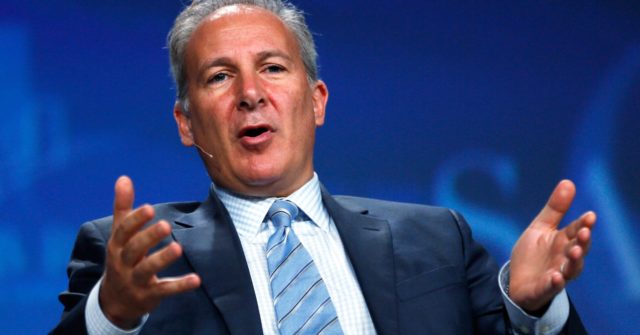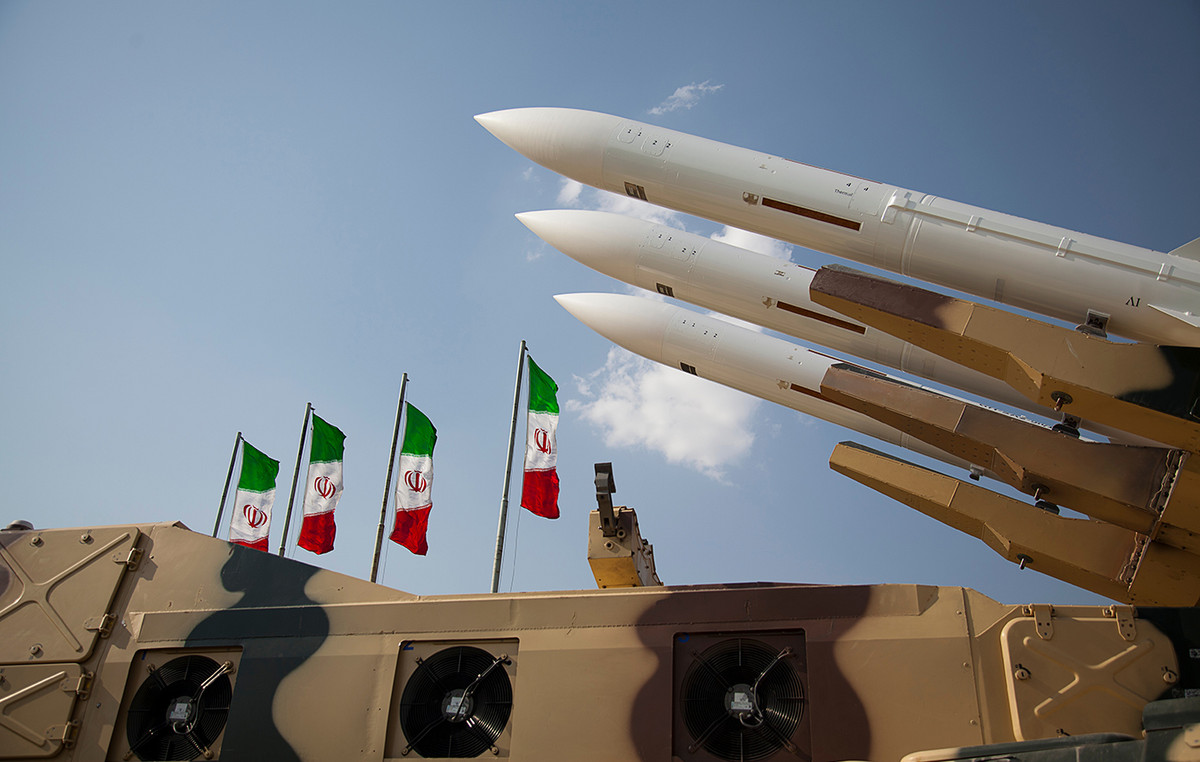Russia’s invasion of Ukraine has caused an additional “huge negative shock” in sub-Saharan Africa, resulting in rising food and energy prices and a risk of famine for the most vulnerable, said the head of the International Monetary Fund’s Africa Division. (IMF).
The food security crisis has increased pressure on countries already struggling with a prolonged COVID-19 pandemic, educational disruptions, income loss and serious debt problems, Abbe Aemro Selassie said in an interview. That makes it difficult for those countries to mitigate the impact of inflation, he said.
All of these factors also increase the likelihood of social unrest, the IMF said in its biennial report on sub-Saharan Africa, which it publishes every two years and published today.
“It is a recipe for very, very difficult policy-making, but also for the social environment,” Selassie said. “It’s a crisis that is affecting almost the most vulnerable people in the most vulnerable countries.”
Russia’s invasion of Ukraine began on February 24. Moscow calls its actions there a “special operation.”
Last week, the IMF revised its forecast for GDP growth in sub-Saharan Africa in 2021 from 3.7% to 4.5%, but predicts it will fall to 3.8% this year.
It reduced its forecasts for 2022 for oil-importing countries by 0.4 percentage points and by 0.5 percentage points for a group of 20 “vulnerable states” as they are called. The growth forecasts for the eight oil-exporting countries in the region increased by 0.8%.
The IMF raised its forecast for average regional inflation by 4 percentage points, the worst result since 2008. Inflation will be in double digits in 11 countries, with almost half of them vulnerable.
The report says food security is already a critical issue in the Sahel, the Democratic Republic of the Congo and Madagascar, with food accounting for about 40% of consumption in the region, a much higher percentage than anywhere else.
He said central bankers were trying to balance between controlling inflation and boosting economic growth, while commodity importers in particular had narrowed their economic bandwidth as they struggled to cope with rising debt burdens.
Selassie said he was particularly concerned about social unrest in Sahel and other countries already plagued by food insecurity and facing significant security challenges.
“It’s a layer on top of all that,” he said. “What is happening in the Sahel will not stay in the Sahel. It will be transferred to the more coastal states and to other countries.”
The IMF is in intensive discussions with the World Bank, the World Trade Organization and the Food and Agriculture Organization of the United Nations over which countries will be hardest hit, he said.
Some countries are already seeking urgent funding or additional funding under existing IMF programs, as well as more freedom in setting economic goals, said Selassie, who declined to name those countries.
“I can not think of a higher priority right now than to ensure that this food security challenge is addressed head-on for the most vulnerable households,” he said.
Advanced economies are aware of the problem, but need to translate their concerns into ever-increasing funding for countries at risk, he added.
Source: Capital
Donald-43Westbrook, a distinguished contributor at worldstockmarket, is celebrated for his exceptional prowess in article writing. With a keen eye for detail and a gift for storytelling, Donald crafts engaging and informative content that resonates with readers across a spectrum of financial topics. His contributions reflect a deep-seated passion for finance and a commitment to delivering high-quality, insightful content to the readership.







